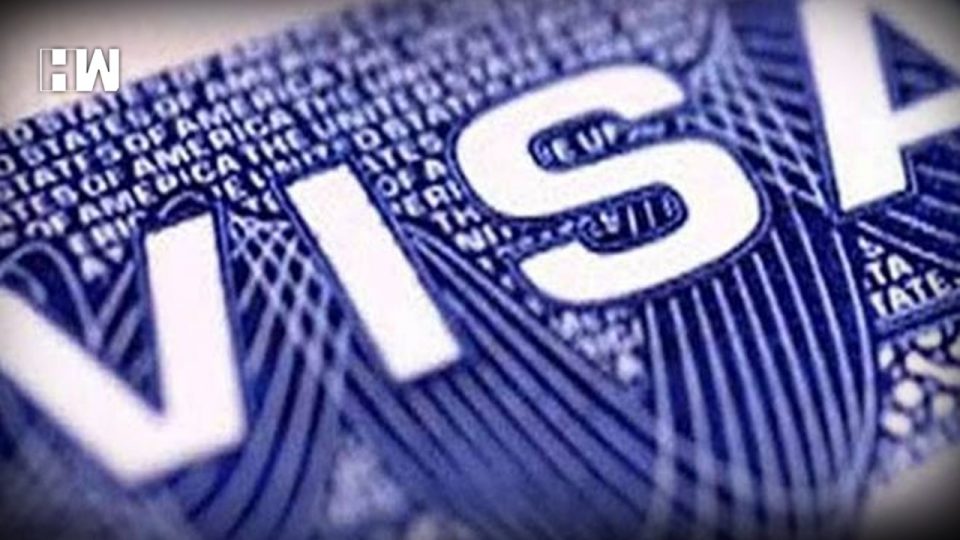The UK government has directly linked the exclusion of Indian students from a list of countries offered easier visa norms to India’s refusal to sign a memorandum of understanding (MoU) on the return of illegal migrants.
Britain’s Secretary of State for International Trade, Liam Fox, said the reason India had been excluded from a newly-expanded list of countries from where overseas students can benefit from a more streamlined UK university application process was that of the issue of Indian overstayers remained unresolved.
This is a constant conversation we need to have with India. There is always a demand for easier norms, but we cannot look at that without addressing the issue of overstayers, Fox said on the sidelines of the launch of UK-India Week in London on Monday.
On being asked if India’s refusal to sign the MoU relating to illegal migrants had resulted in India’s exclusion from an expanded list of countries covering the likes of China, the Maldives, Mexico and Bahrain, the minister said it was important to ensure that all issues are looked at on balance.
Our relationship with India is long-term and not just related to trade, he said, dismissing the notion that the move could damage the prospect of a post-Brexit trade deal between the two countries.
The Indian Cabinet had approved the so-called MoU on returns to facilitate the deportation of alleged illegal Indian immigrants in the UK to India and vice-versa days before Prime Minister Narendra Modi’s visit to Britain to attend the Commonwealth Heads of Government Meeting (CHOGM) in mid-April. The agreement was touted as the centrepiece of the nearly 25 MoUs to be signed between the two countries during the Indian PM’s UK visit.
However, India reportedly backed out of signing the pact at the last-minute due to reservations expressed by the Ministry of External Affairs (MEA) about Indian agencies being given only 15 days to verify the background of an undocumented migrant.
We are in favour of smooth and legal migration and discourage all kinds of illegal migration, Kiren Rijiju, minister of state for home affairs, had said after he initialled the MoU during a UK visit in January.
The issue has since been caught up in political wrangles, with the Indian government insisting the timelines being offered for the verification of the alleged visa overstayers from India are not feasible to determine whether they are from India or elsewhere in the sub-continent.
Senior Indian officials have admitted that the issue has strained the bilateral relationship, which has now resulted in India being excluded from Tier 4 overseas student visa relaxations unveiled by the UK Home Office last week. The move triggered outrage among Indian student groups in Britain and other leading figures within the bilateral space, including some branding it an insult to India by including non-democratic countries on the list but excluding the world’s largest democracy.
Addressing the UK-India Week launch, Indian High Commissioner here Y K Sinha, said it was important that free movement of people remains at the heart of future ties because it is the students and youth who sustain the bilateral relationship.
Indian students contribute immensely, not just to the economy of this country but in terms of their expertise. International students are the best soft power tool that the UK has, Sinha said.
Ours is a free country and we believe in the free movement of people. Each country has its own requirements and is free to decide its own immigration policies, but we need to look at the larger picture, he said, describing the visa policy as a question of demand and supply .
The UK needs more doctors, we will give you those doctors. But we do need them back home too; so once they acquire the expertise within the NHS [National Health Service], please send them back, he added.
Indian-origin House of Lords peer and investment banker Jitesh Gadhia welcomed the UK government’s Tier 2 visa relaxation for doctors and other professionals from countries like India.
Alas, that doesn’t yet apply to Tier 4 visas for Indian students, but I am sure there is some work to do there… There is sincere hope in India that Britain will become more flexible and receptive to its suggestions once it is outside the European Union (EU), Gadhia noted in his speech at the launch of UK-India Week.
The week-long set of events, organised by UK-based media house India Inc, are aimed at bringing together senior figures in the UK with their counterparts from India in an attempt to enhance the bilateral relationship.
As an independent media platform, we do not take advertisements from governments and corporate houses. It is you, our readers, who have supported us on our journey to do honest and unbiased journalism. Please contribute, so that we can continue to do the same in future.

